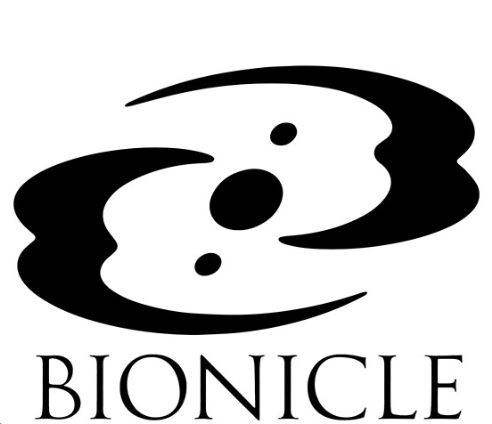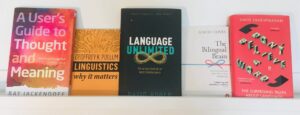On Conlanging, Action Figures & Te Reo Māori
Conlanging is the art of designing your own languages.
Bionicle is a franchise of buildable action figures produced by the Lego company from 2001 to 2010.
Te Reo Māori is a language in the Austronesian language family, and is spoken by approximately 186.000 people in New Zealand.
This is a story at the intersection of those three topics.
Part 1: Action Figures
I was born in 1995, so 2001 was the year I turned six. That places me just at the younger end of the intended demographic for Bionicle, the then-new line of action figures from the toy company Lego. In the years to come, these figures would take up a good deal of my attention, and several of my … ↪






